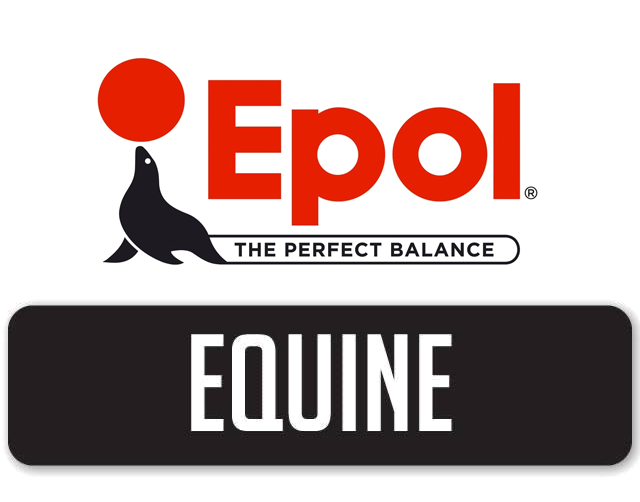The use of Soya has become a hot topic in recent years as research continues regarding its use in the human market. Of interest to horse owners, however, is how soya suits the equine diet?
What is soya used for:
Soya is used in most manufactured horse feeds as it is a highly valuable source of protein. Horses need vegetarian sources of protein and soya is a good option. The most valuable aspect about soya as a protein source is that it provides a close match to the horse’s amino acid needs, especially the limiting amino acids, such as Lysine.
Soya is also more than just protein:
In some feeds, soya oil is utilised to provide additional energy/calories in the form of fat. Cold pressed, unrefined soybean oil has beneficial antioxidant effects, including stabilising blood sugar and improving metabolic balance which makes it a useful addition to working horse diets.
It is common knowledge that forage based diets are the best way to maintain gut health in horses, and the fibre in forage is a main source of energy for the horse. Whilst some horses can maintain a healthy condition on fibre alone, the majority do require additional food in the form of concentrates. For this reason, it is useful to consider highly digestible fibre (or super fibres) additions to traditional feeds. Examples of these include beet pulp products and soya hulls. Soya hulls are the outer layer of the soybean which is separated during processing. Soya hulls have roughly 31% more digestible fibre than hay which allows commercial feeds to provide more fibre per kg of food while still ensuring adequate energy levels.
What about the potential side effects of Soya?
Because of research investigating soy-related health problems in humans, many horse owners are concerned that the same may occur with horses.
In order to address these concerns, Equus contacted the world leading researchers in equine nutrition, Kentucky Equine Research, for their opinion on this matter.
“Currently there is no research (that we are aware of) proving any adverse effects of soy on horses. Much of the concern stems from human research involving effects of phytoestrogens on hormones and the endocrine system when consumed in large quantities”. Often those involved in the research were over consuming soy protein and/or are truly allergic to soy products.
As horses are true herbivores, they can have completely different metabolic responses to digesting individual ingredients.
“We continue to stand behind the use of soy, in reasonable amounts, within nutritionally balanced horse feeds because it is the most abundant protein source that most closely matches the amino acid profile of the horse. KER has done research involving feeds and supplements containing soy for years with no evidence of any ill effects” says Chelsea Martin, KER.com
Conclusion
As with everything, moderation is key and over feeding any ingredient has the potential for negative effects. Providing a diet high in forage with minimal, well balanced concentrates is always the best way to feed.
Research info from:
-Chelsea Martin KER.com
-Amy M.Gill PhD, Equine nutritionist Lexington Kentucky, article by Lisa Kemp, 2008 www.thehorse.com/123469/soy-saftey-depends-on-the-source-nutritionists-say/
Article written by Hannah Botha, Equus Technical Adviser




